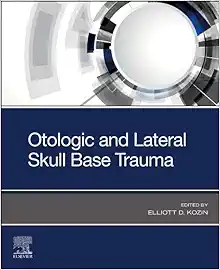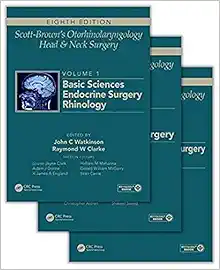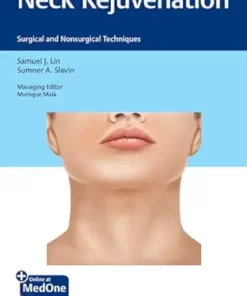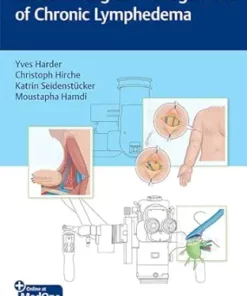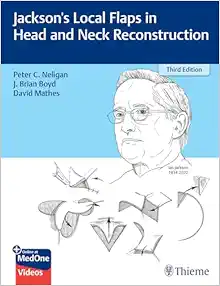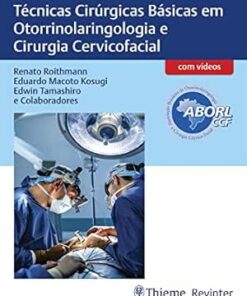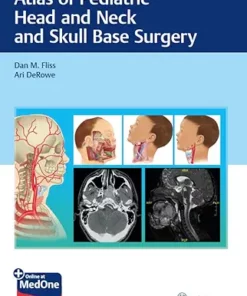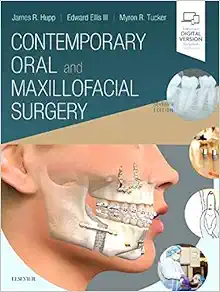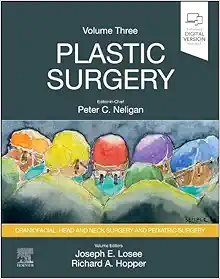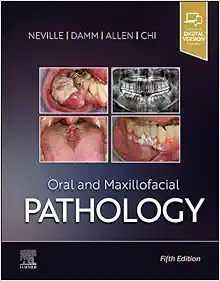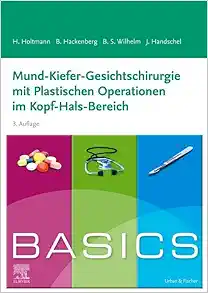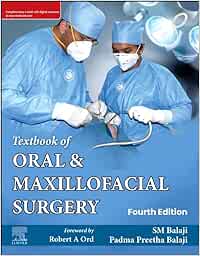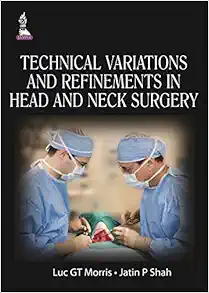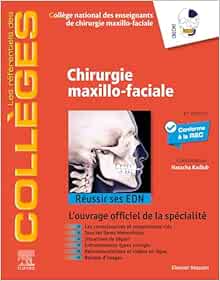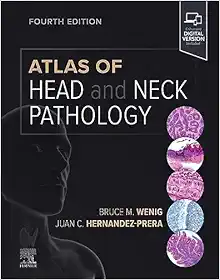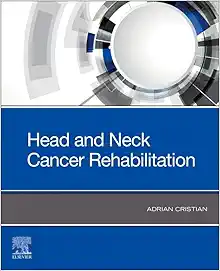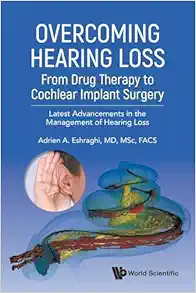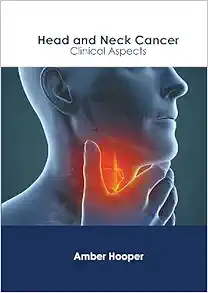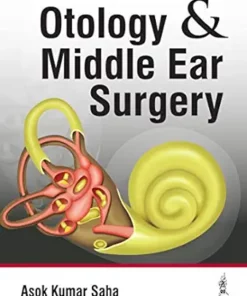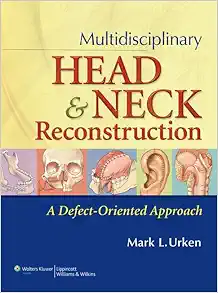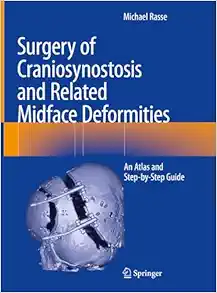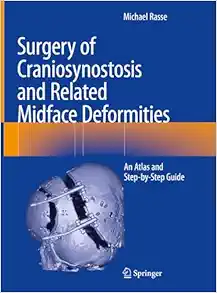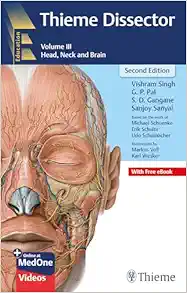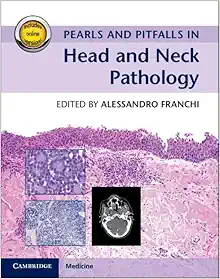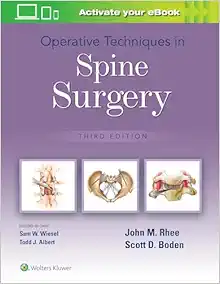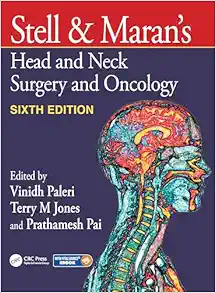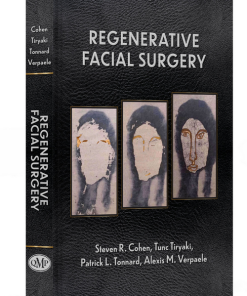UCSF Audiology Update XIV – 2022
$48
Format : 2 Videos + 1 PDF
File Size : 2.85 GB
UCSF Audiology Update XIV – 2022
Are you a practicing audiologist looking to update your knowledge and skills? Or perhaps a graduate student in audiology, a physician, or a hearing aid dispenser? Regardless of your background, the Contemporary Audiology course is the perfect opportunity for you to stay up-to-date with the latest advancements in the field.
This state-of-the-art course covers a wide range of topics, including hearing science and diagnostics, pediatric specialty, tinnitus management, balance assessment, and amplification. You’ll learn from renowned faculty from around the country and updates on new technology presented by manufacturer representatives.
One of the objectives of this course is to provide attendees with an evidence-based approach to audiological evaluation and treatment. You’ll learn about the components of audiological evaluation that are supported by evidence, as well as physical and acoustic facts that do not require evidence-based evaluation. This approach ensures that you are providing the most effective and efficient care for your patients.
Another objective is to provide attendees with strategies for promoting resiliency and preventing burnout. Working in the audiology field can be challenging, especially when assisting patients with serious illnesses. This course will equip you with the tools you need to stay resilient and prevent burnout.
Additionally, you’ll learn about the latest advancements in genetic testing and gene therapy for sensorineural hearing loss, updates to cochlear implant candidacy guidelines, the role of self-care in audiological treatment, and much more.
The course agenda is thoughtfully designed to provide you with ample networking opportunities. You’ll have the chance to interact with faculty members and other professionals in the field, share ideas, and build relationships that can help you advance your career.
The course takes place on October 14th and 15th, 2022, in a beautiful location that is easy to access. The fee includes breakfast and lunch on both days, vendor presentations, and wine reception.
If you’re looking to stay on top of your game as an audiologist, this course is a must-attend. Don’t miss the chance to learn from the best and stay ahead of the curve. Register today and prepare to be amazed!
To order the course video, simply visit our website and add the product to your cart. Once you check out, you’ll receive a confirmation email with a link to download the video. It’s that easy! You can watch the video at your leisure, rewind and replay sections as needed, and share it with colleagues.
Ordering the course video is a great way to expand your knowledge and skills, even if you couldn’t attend the live event. Plus, you’ll have access to the video for a full year, so you can refer back to it whenever you need to refresh your memory.
In conclusion, the Contemporary Audiology course is the perfect opportunity for audiologists and other hearing healthcare professionals to stay up-to-date with the latest advancements in the field. Register today and take your career to the next level!
Product Details
- Consider how bimodal neuromodulation can fit into a clinical setting for treating tinnitus patients.
- Describe what is meant by evidence-based practice and identify the components of audiological evaluation that are supported by evidence.
- List examples of physical and acoustic facts that do not require evidence-based evaluation.
- Understand the definitions of and differences between resiliency, sustainability, burnout, empathic distress, and moral injury.
- Describe three strategies or practices for promoting individual resiliency in clinical work.
- Understand how to diagnose vestibular migraine and how to use patient-reported outcome measures to quantify symptoms in vestibular migraine.
- Understand the evidence behind different treatment modalities for vestibular migraine.
- Describe the different genetic causes of SNHL and how genetic testing for SNHL is conducted and interpreted.
- Understand the clinical impact of genetic testing for SNHL.
- Define the new 60/60 referral guideline for cochlear implant evaluation referrals (Zwolan et al., 2020) and identify three groups of patients who meet the recently expanded FDA CI candidacy criteria.
- Describe a typical hearing loss profile that meets electro-acoustic (EAS, hybrid) CI candidacy.
- List elements of the proposed (or finalized) FDA rule.
- Compare and contrast methods of integrating OTC HAs and other direct to consumer amplifiers into an audiology practice.
- Describe pathways of care for patients.
- Identify how the COVID-19 virus that causes hearing loss/tinnitus and/or balance problems and the degree and types of hearing loss that could occur.
- Decide and interpret which audiometric tests (objective and subjective) are appropriate for COVID-19 survivors and what test results are for patients who report ‘brain fog.’
- Informed of the advantages of an ultrasound hearing aid compared to current hearing aid technologies, along with animal data to support its potential for hearing applications.
- Recognize how diabetes affects the auditory system as well as plan a hearing screening and monitoring program for patients with diabetes.
- Describe benefits to regular collaborative, interdisciplinary care of D/HH children, including key checkpoints for teams in a child’s journey.
- Describe the effective communication strategies and tools to help optimize hearing and communication during encounters.
Related Products
HEAD AND NECK SURGERY & OTOLARYNGOLOGY
Otologic and Lateral Skull Base Trauma (True PDF from Publisher)
HEAD AND NECK SURGERY & OTOLARYNGOLOGY
HEAD AND NECK SURGERY & OTOLARYNGOLOGY
Neck Rejuvenation: Surgical and Nonsurgical Techniques (EPUB)
HEAD AND NECK SURGERY & OTOLARYNGOLOGY
HEAD AND NECK SURGERY & OTOLARYNGOLOGY
Jackson’s Local Flaps in Head and Neck Reconstruction (EPUB)
HEAD AND NECK SURGERY & OTOLARYNGOLOGY
HEAD AND NECK SURGERY & OTOLARYNGOLOGY
Atlas of Pediatric Head and Neck and Skull Base Surgery (EPUB)
HEAD AND NECK SURGERY & OTOLARYNGOLOGY
Contemporary Oral and Maxillofacial Surgery, 7th Edition (EPUB)
HEAD AND NECK SURGERY & OTOLARYNGOLOGY
HEAD AND NECK SURGERY & OTOLARYNGOLOGY
Oral and Maxillofacial Pathology, 5th Edition (True PDF from Publisher)
HEAD AND NECK SURGERY & OTOLARYNGOLOGY
HEAD AND NECK SURGERY & OTOLARYNGOLOGY
Textbook of Oral and Maxillofacial Surgery, 4th Edition (True PDF from Publisher)
HEAD AND NECK SURGERY & OTOLARYNGOLOGY
Technical Variations and Refinements in Head and Neck Surgery (Original PDF from Publisher)
HEAD AND NECK SURGERY & OTOLARYNGOLOGY
Chirurgie Maxillo-Faciale, 6th Edition (True PDF from Publisher)
HEAD AND NECK SURGERY & OTOLARYNGOLOGY
Atlas of Head and Neck Pathology, 4th Edition (True PDF from Publisher)
HEAD AND NECK SURGERY & OTOLARYNGOLOGY
Head and Neck Cancer Rehabilitation (True PDF from Publisher)
HEAD AND NECK SURGERY & OTOLARYNGOLOGY
HEAD AND NECK SURGERY & OTOLARYNGOLOGY
Head and Neck Cancer: Clinical Aspects (Original PDF from Publisher)
HEAD AND NECK SURGERY & OTOLARYNGOLOGY
HEAD AND NECK SURGERY & OTOLARYNGOLOGY
Multidisciplinary Head and Neck Reconstruction: A Defect-Oriented Approach (EPUB + Converted PDF)
HEAD AND NECK SURGERY & OTOLARYNGOLOGY
HEAD AND NECK SURGERY & OTOLARYNGOLOGY
HEAD AND NECK SURGERY & OTOLARYNGOLOGY
Thieme Dissector Volume 3: Head, Neck and Brain, 2nd Edition (Original PDF from Publisher)
HEAD AND NECK SURGERY & OTOLARYNGOLOGY
Pearls and Pitfalls in Head and Neck Pathology (Converted EPUB)
HEAD AND NECK SURGERY & OTOLARYNGOLOGY
2024 Practical Head & Neck Imaging: Mimics and Case-based Review – DocmedED (Videos)
HEAD AND NECK SURGERY & OTOLARYNGOLOGY
Operative Techniques in Spine Surgery, 3rd Edition (Original PDF from Publisher)
HEAD AND NECK SURGERY & OTOLARYNGOLOGY
2024 Multidisciplinary Head and Neck Cancers Symposium onDemand (Videos)
HEAD AND NECK SURGERY & OTOLARYNGOLOGY
Stell & Maran’s Head and Neck Surgery and Oncology, 6th edition (Original PDF from Publisher)
HEAD AND NECK SURGERY & OTOLARYNGOLOGY
HEAD AND NECK SURGERY & OTOLARYNGOLOGY
MAFAC Amsterdam 2023 – Cadaver Dissection Demonstrations & Lectures
HEAD AND NECK SURGERY & OTOLARYNGOLOGY
HEAD AND NECK SURGERY & OTOLARYNGOLOGY
Complex Head and Neck Microvascular Surgery: Comprehensive Management and Perioperative Care PDF
HEAD AND NECK SURGERY & OTOLARYNGOLOGY
Lateral Neck Swellings: Diagnostic and Therapeutic Challenges
HEAD AND NECK SURGERY & OTOLARYNGOLOGY
HEAD AND NECK SURGERY & OTOLARYNGOLOGY
Anatomy of Orofacial Structures: A Comprehensive Approach, 9th Edition
HEAD AND NECK SURGERY & OTOLARYNGOLOGY
HEAD AND NECK SURGERY & OTOLARYNGOLOGY
50 Landmark Papers every Thyroid and Parathyroid Surgeon Should Know
HEAD AND NECK SURGERY & OTOLARYNGOLOGY
Matrix Head and Neck Reconstruction: Scalable Reconstructive Approaches Organized by Defect Location
HEAD AND NECK SURGERY & OTOLARYNGOLOGY
HEAD AND NECK SURGERY & OTOLARYNGOLOGY
HEAD AND NECK SURGERY & OTOLARYNGOLOGY
Basic Guide to Oral and Maxillofacial Surgery (Basic Guide Dentistry Series)
HEAD AND NECK SURGERY & OTOLARYNGOLOGY
HEAD AND NECK SURGERY & OTOLARYNGOLOGY
HEAD AND NECK SURGERY & OTOLARYNGOLOGY
HEAD AND NECK SURGERY & OTOLARYNGOLOGY
HEAD AND NECK SURGERY & OTOLARYNGOLOGY
Otolaryngology: Current Concepts and Techniques in Head and Neck Surgery
HEAD AND NECK SURGERY & OTOLARYNGOLOGY
HEAD AND NECK SURGERY & OTOLARYNGOLOGY
Nanostructures for Oral Medicine (Micro and Nano Technologies)
HEAD AND NECK SURGERY & OTOLARYNGOLOGY
Kurzlehrbuch Hals-Nasen-Ohren-Heilkunde (UNI-MED Science), 4th Edition
HEAD AND NECK SURGERY & OTOLARYNGOLOGY
Postlaryngectomy voice rehabilitation with voice prostheses (UNI-MED Science)
HEAD AND NECK SURGERY & OTOLARYNGOLOGY
HEAD AND NECK SURGERY & OTOLARYNGOLOGY
HEAD AND NECK SURGERY & OTOLARYNGOLOGY
HEAD AND NECK SURGERY & OTOLARYNGOLOGY
HEAD AND NECK SURGERY & OTOLARYNGOLOGY
The Milan System for Reporting Salivary Gland Cytopathology, 2nd Edition
HEAD AND NECK SURGERY & OTOLARYNGOLOGY
HEAD AND NECK SURGERY & OTOLARYNGOLOGY
HEAD AND NECK SURGERY & OTOLARYNGOLOGY
Hair Cell Regeneration (Springer Handbook of Auditory Research, 75)
HEAD AND NECK SURGERY & OTOLARYNGOLOGY
HEAD AND NECK SURGERY & OTOLARYNGOLOGY
Soundscapes: Humans and Their Acoustic Environment (Springer Handbook of Auditory Research, 76)
HEAD AND NECK SURGERY & OTOLARYNGOLOGY
Simulation-Based Learning in Communication Sciences and Disorders: Moving from Theory to Practice
HEAD AND NECK SURGERY & OTOLARYNGOLOGY
Fundamentals of Anatomy and Physiology of Speech, Language, and Hearing
HEAD AND NECK SURGERY & OTOLARYNGOLOGY
100 Complications of Otorhinolaryngology & Skull Base Surgery PDF & VIDEO
HEAD AND NECK SURGERY & OTOLARYNGOLOGY
The Art of Body Contouring: After Massive Weight Loss, 2nd edition Original PDF and Video
HEAD AND NECK SURGERY & OTOLARYNGOLOGY
HEAD AND NECK SURGERY & OTOLARYNGOLOGY
2023 Osteocom Hard and Soft Tissue Augmentation 2.0 – Luca De Stavola
HEAD AND NECK SURGERY & OTOLARYNGOLOGY
Sinus Grafting for Implant Reconstruction (Pikos Online MasterClass Series) – Michael A. Pikos
HEAD AND NECK SURGERY & OTOLARYNGOLOGY
Osteocom Full Tilted Implants Prosthetic and Surgical Protocols 2023
HEAD AND NECK SURGERY & OTOLARYNGOLOGY
HEAD AND NECK SURGERY & OTOLARYNGOLOGY
Optimizing Orthognathic Surgery: Diagnosis, Planning, Procedures (Epub & Converted to PDF)
HEAD AND NECK SURGERY & OTOLARYNGOLOGY
HEAD AND NECK SURGERY & OTOLARYNGOLOGY
2023 Classic Lectures in Head & Neck Imaging – A CME Teaching Activity
HEAD AND NECK SURGERY & OTOLARYNGOLOGY
Structure & Preservation Rhinoplasty Conference 2021 Istanbul
HEAD AND NECK SURGERY & OTOLARYNGOLOGY
HEAD AND NECK SURGERY & OTOLARYNGOLOGY
HEAD AND NECK SURGERY & OTOLARYNGOLOGY
HEAD AND NECK SURGERY & OTOLARYNGOLOGY
HEAD AND NECK SURGERY & OTOLARYNGOLOGY
Working with Voice Disorders, 3e (Original PDF from Publisher)
HEAD AND NECK SURGERY & OTOLARYNGOLOGY
Principles and Practices in Augmentative and Alternative Communication (Original PDF from Publisher)
HEAD AND NECK SURGERY & OTOLARYNGOLOGY
HEAD AND NECK SURGERY & OTOLARYNGOLOGY
HEAD AND NECK SURGERY & OTOLARYNGOLOGY
Jaypee’s Video Atlas of Operative Otorhinolaryngology and Head & Neck Surgery (Videos Only)
HEAD AND NECK SURGERY & OTOLARYNGOLOGY
Ear, Nose and Throat Simplified, 3rd edition (Original PDF from Publisher)
HEAD AND NECK SURGERY & OTOLARYNGOLOGY
ORL: Réussir son DFASM – Connaissances clés, 5th edition (Original PDF from Publisher)
HEAD AND NECK SURGERY & OTOLARYNGOLOGY
HEAD AND NECK SURGERY & OTOLARYNGOLOGY
Invasive Skull Base Mucormycosis New Perspectives (Original PDF from Publisher+Videos)
HEAD AND NECK SURGERY & OTOLARYNGOLOGY
Atlas of Facial Nerve Surgeries and Reanimation Procedures Original PDF
HEAD AND NECK SURGERY & OTOLARYNGOLOGY
Non-Surgical Rhinoplasty (The PRIME Series) (Original PDF from Publisher)
HEAD AND NECK SURGERY & OTOLARYNGOLOGY
Rinologia: Master Techniques In Otolaryngology – Head And Neck Surgery (Original PDF from Publisher)
HEAD AND NECK SURGERY & OTOLARYNGOLOGY
Secrets: Otorrinolaringologia, 4th Edition (Original PDF from Publisher)
HEAD AND NECK SURGERY & OTOLARYNGOLOGY
Otorrinolaringologia: Manual Prático em Cores (Original PDF from Publisher)
HEAD AND NECK SURGERY & OTOLARYNGOLOGY
HEAD AND NECK SURGERY & OTOLARYNGOLOGY
Current Opinion in Otolaryngology & Head and Neck Surgery 2022 Full Archives (True PDF)
HEAD AND NECK SURGERY & OTOLARYNGOLOGY
HEAD AND NECK SURGERY & OTOLARYNGOLOGY
Pediatric Otolaryngology: Practical Clinical Management,1st edition (EPUB)
HEAD AND NECK SURGERY & OTOLARYNGOLOGY
Color Atlas of Endo-Otoscopy: Examination-Diagnosis-Treatment, 1st edition (EPUB)
HEAD AND NECK SURGERY & OTOLARYNGOLOGY
HEAD AND NECK SURGERY & OTOLARYNGOLOGY
Manual of Eye, Ear, Nose, and Throat Emergencies (Original PDF from Publisher)
HEAD AND NECK SURGERY & OTOLARYNGOLOGY
Cirurgia de Cabeça e Pescoço: Tópicos Essenciais (Original PDF from Publisher)




